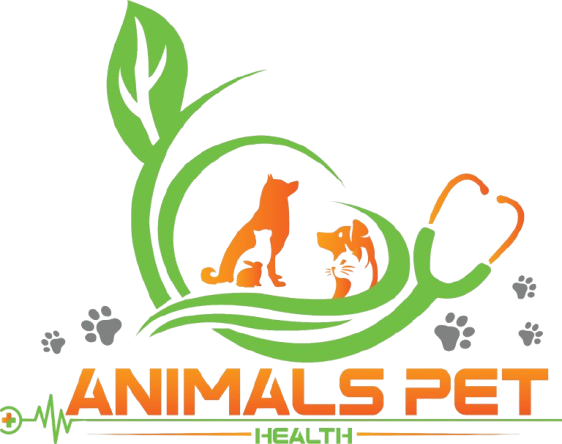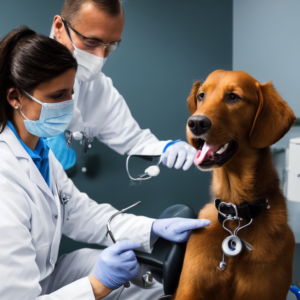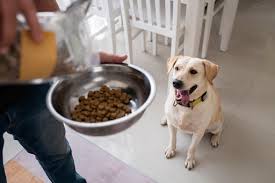The first months of a puppy are important for development, which will be one of the most important decisions of a new pet parent. Natural puppy food has gained popularity because the owners of pets quickly know about the material in their beloved friend’s diet. Let’s see what a puppy meal makes “natural” and why it can be the best option for your growing partner.
What Makes Puppy Food “Natural”?
Natural puppy food “contains material derived from plants, animals, microorganisms or minerals, which are not added and only exposed to physical processing suitable for PET production and maintenance of natural structure.
Key Ingredients in Quality Natural Puppy Food
The best puppy foods typically contain:
High-Quality Protein Sources:Deled chicken, lamb, duck, turkish or fish serve as primary materials to support muscle growth and energy. This animal acid required for the development of animal protein provides important.
Whole Grains: Brown rice and barley provide complex carbohydrates that provide continuous energy and fiber for digestive health.
Healthy Fats: Omega -3 fatty acids and rich fish oil in DHA support cognitive development, healthy skin and coat and general growth. Flax seeds provide additional omega -3s and fiber.
Fruits and Vegetables: Ingredients such as blueberries, cranberries, carrots and peas provide natural sources of vitamins, minerals and antioxidants.
Natural Preservatives: Instead of artificial preservatives, puppy food often use vitamin E, henna extracts or other natural substances to maintain freshness.
Benefits of Natural Puppy Food
Feeding your puppy a natural diet offers numerous potential benefits:
Enhanced Physical Development: The right balance of proteins, fats, and carbohydrates supports proper growth and development during this critical life stage.
Improved Coat and Skin Health: Omega-3 and omega-6 fatty acids promote a glossier coat and healthier skin.
Better Digestibility: Natural ingredients are often easier for puppies to digest, potentially resulting in smaller, firmer stools and less gastrointestinal upset.
Cognitive Development: DHA from fish oil supports brain and vision development, crucial during the formative puppy months.
Immune System Support: Natural antioxidants from fruits and vegetables help strengthen your puppy’s developing immune system
Healthy Energy Levels: Quality natural ingredients provide appropriate energy for your active puppy without artificial stimulants.
Essential Nutrients for Puppies
When selecting puppy food, ensure it contains these vital nutrients:
Proteins: Growing puppies need more protein than adult dogs. Look for foods with at least 22% protein content to support muscle development.
Calcium and Phosphorus: These minerals in the proper ratio (about 1.2:1) are essential for bone development.
Vitamins A, D, and E: These fat-soluble vitamins support vision, bone growth, and act as antioxidants.
DHA: This omega-3 fatty acid is critical for brain and eye development in puppies.
How to Transition to Natural Puppy Food
Transitioning your puppy to natural food should be done gradually over a 7-day period to avoid digestive upset. Start by mixing a small amount of the new food with their current diet, gradually increasing the proportion of natural food while decreasing the old food.
Reading Labels: What to Look For
When selecting natural puppy food, check for:
- A statement indicating the food meets AAFCO (Association of American Feed Control Officials) standards for complete and balanced nutrition for puppies or all life stages.
- Named meat sources (like “chicken” or “lamb”) rather than generic “meat” or “animal” ingredients.
- Whole food ingredients you recognize rather than chemical names.
- Appropriate fat content (around 8-10% for most puppies) to support growth without excess calories.
Conclusion
Investing in high quality natural puppy food is an investment in the pet’s lifetime health. Although this may be more advanced than traditional alternatives, the benefits of better nutrition in this important development phase can lead to low health problems and potentially low veterinary costs down the road. Remember that each puppy is unique, then consult your veterinarian to determine the best natural food options for your special puppy needs, race and size.


















